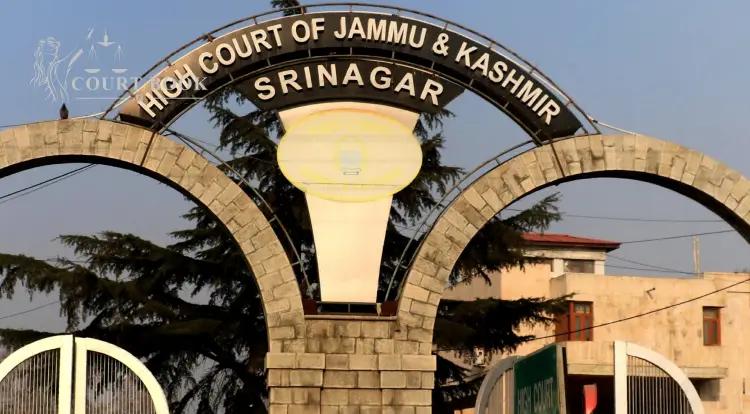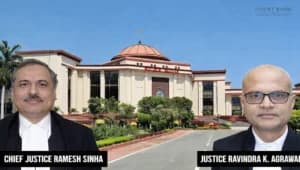The Jammu and Kashmir and Ladakh High Court recently held that an FIR cannot be quashed simply because it was registered after a civil or criminal case. However, such FIRs must be carefully examined to ensure they are not filed with ulterior motives.
The observation was made by Justice Rajesh Sekhri while dealing with a petition to quash an FIR under Sections 420, 465, 467, 468, 471, and 120-B IPC, filed against Gagan Kumar and others.
Read also: Justice Arun Palli Sworn In As Chief Justice Of Jammu & Kashmir And Ladakh High Court
The case stemmed from a complaint by one Parshotam Kumar, who alleged that the accused had forged a General Power of Attorney (GPA) to fraudulently sell a property located in Jammu. According to the complaint, the GPA was misused to execute a sale deed in favor of other accused persons, depriving the complainant of his lawful property rights.
In response, the petitioner argued that the property was originally purchased by Charan Dass, father of the complainant, through a registered sale deed. A GPA had been executed in Charan Dass’s name by the previous owner. After Charan Dass’s death, Gagan Kumar and another person executed a sale deed in favor of Raj Kumar and Parshotam Lal.
The dispute initially became civil when the complainant filed a civil suit in 2014, seeking to declare the sale deed as null and void and also sought related relief. However, five years later in 2019, the FIR was registered alleging criminal forgery and fraud.
The High Court noted:
"An FIR cannot be dismissed merely because it follows the filing of a civil or criminal proceeding. However, if an FIR is filed shortly after a civil or criminal proceeding, it must be scrutinized for ulterior motives."
Justice Sekhri pointed out that criminal and civil proceedings can coexist. It is common for the same set of facts to lead to both kinds of liability. However, courts must remain cautious that criminal law is not misused as a tool for vengeance or pressure in disputes that are essentially civil.
Read also: Jammu & Kashmir High Court Clarifies MCI Guidelines on Non-Medical Faculty Appointments
The Court referred to Supreme Court judgments in G. Sagar Suri & Another vs. State of U.P. & Others and Binod Kumar & Others vs. State of Bihar & Another, stressing that filing criminal cases to settle civil disputes with bad faith amounts to misuse of legal process.
The judgment further stated:
"We need to understand that the determination as to whether an FIR is a Counterblast or not, often involves a disputed question of fact which cannot be resolved by the High Court in exercise of its inherent jurisdiction, under Section 482 Cr.PC and such determination should be left to the wisdom of the trial court."
After comparing the allegations in the FIR and the claims made in the civil suit, the Court concluded that the dispute involved serious claims of forgery and misrepresentation, which cannot be dismissed as merely civil.
The Court reiterated:
“While examining an FIR or a complaint which is sought to be quashed under Section 482 Cr.P.C., the High Court cannot embark upon an enquiry as to the genuineness or otherwise of the allegations contained therein.”
Based on these considerations, the High Court held that the petition had no merit and dismissed it.
Case Title: Suchet Singh & Anr Vs UT Of J&K














